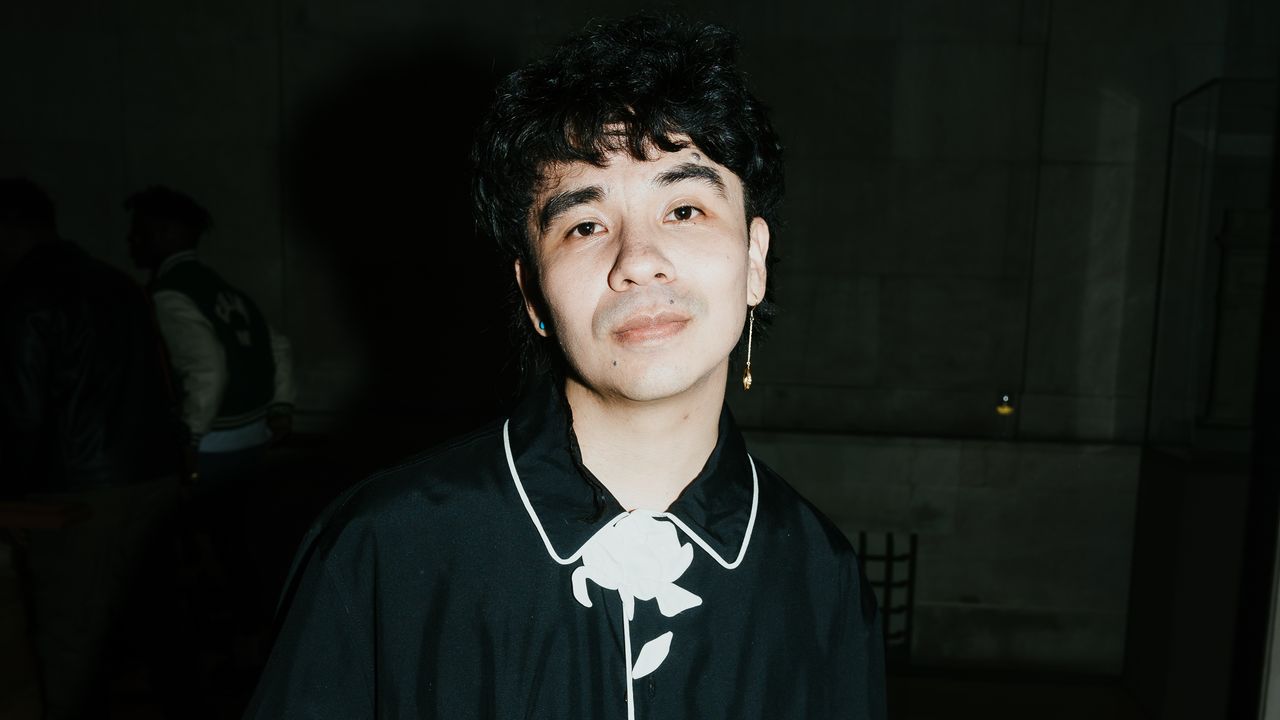The Emperor of Gladness follows 19-year-old Hai—a gay Vietnamese-American man with a bowl cut, a name that means “the sea,” and a latent interest in literature—as he pulls himself from the brink of a suicide attempt and sparks an unlikely friendship with Grazina, an octogenarian who seems to have been abandoned by the world, living alone in a shack by the river, in the throes of dementia. Think Harold and Maude on minimum wage, with a surplus of dementia, painkillers, and PTSD.
As Hai gets back on his feet—the elderly woman nursing him as much as he nurses her—he gets a job at HomeMarket, a fast-casual restaurant that claims to give “the taste of the holidays without the pain of the holidays,” and falls in with the band of merry misfits running the restaurant. The book gives America’s unwanteds—junkies, sex workers, fast-food employees on poverty wages, elderly people living on food stamps, non-model minorities—the dignity of the center, dramatizing their lives and dreams the way other bestsellers champion the lives of the extraordinary. “These characters are just in their own lives,” Vuong tells me. “They’re not comparing themselves to a larger, more powerful cultural center.”
Throughout the book, there are passing resemblances to people, places, and feelings Vuong has shared with his readers in the past—but they’ve never been housed in something like this, an affecting chamber piece that’s also a propulsive travelogue.
The book, Vuong tells me, is “all of myself—my humor, my strangeness, my obsessions, my interest in people, this particular group of people, New England; my honoring of this place that raised me is a very regional, strange, beautiful place.”
In this book, people learn quantum theory from the TV show Heroes, pee in antique ceramic jars during museum tours, stop everything to support their middle-aged friend’s quest to become a wrestler, and mispronounce “LGBTQ community” as “liggabit community.” And when all is lost, they have the magical cornbread from HomeMarket, a dish so delicious you’d be convinced the odds are finally stacked in your favor.
“Humor is very difficult to do, and I didn’t have the ability in the first book,” says Vuong. “And I didn’t want white readers to laugh at us by accident. I didn’t want that invitation.”
Some of the Vuong iconography is on display when we meet, like the single dangling earring, which now has a Year of the Dragon ring by Cleopatra Bling hanging from it. But the somber, intense expression of his press clippings has been replaced by warmth and a wicked sense of humor.
“It’s curated by the media,” he says about that image. “There’s the artist—the photographer—and then there’s the stylist, and then there’s the editorial [team] who picks the sad photo, right?”
Of course, the media isn’t alone in the creation of that image. The confessional nature of his art, which unearths the agonies and ecstasies of his family’s journey, has been received as an invitation for readers to reflect on their own traumas—a cycle of communion and emotional release that often plays out in his interviews too. A recent David Marchese interview for The New York Times, for example, quickly escalated to tears and hugging.

